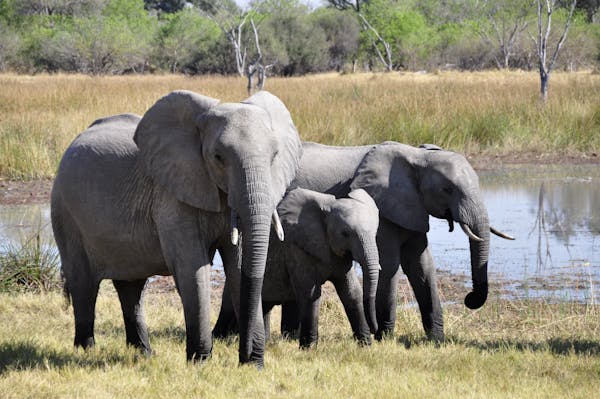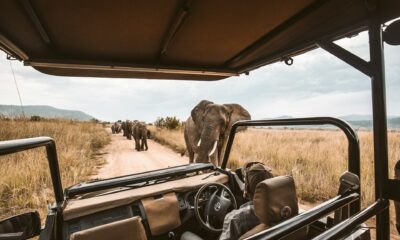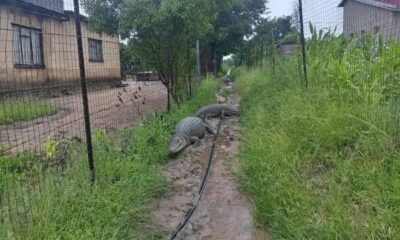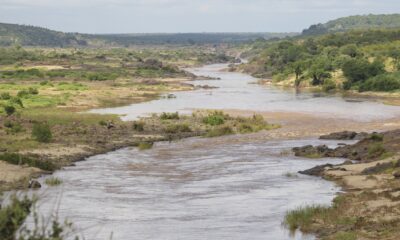News
Conservation with Compassion: Addo Park Avoids Culling Through Relocation

The Addo Elephant National Park has started moving elephants to recently secured land within the reserve — without employing contentious culling techniques — in a landmark decision that reflects South Africa’s changing approach to conservation. In the management of one of the greatest wildlife success stories in the nation, this initiative represents a sea change.
There are now over 850 elephants living in Addo, compared to just 11 in the Eastern Cape in 1931. The park, which includes a sizable marine reserve, is currently between Gqeberha and Makhanda and covers almost 300,000 hectares. The park is currently addressing the challenge of managing such a growing elephant population while preserving ecological balance with creativity and compassion.
42 elephants, primarily from matriarchal families with young calves, were moved to the park’s water-rich Kabouga area last week, about 50 kilometers from Addo Main Camp. The action was a part of a long-term plan to reestablish ancient elephant corridors and ease the strain on the overcrowded areas, according to park manager Roland Januarie.
For years, we have successfully completed translocations. Because it promoted both ecosystem restoration and animal welfare, this one was particularly significant, according to Januarie.
The Global Humane Society helped finance the costly operation and supported the relocation efforts. The American organization is well-known throughout the world for its dedication to treating animals with compassion.
Ecologists refer to elephants as “ecosystem engineers.” They are essential to biodiversity because of their everyday activities, which include removing thickets, dispersing seeds, and establishing water sources. Addo is contributing to the revitalization of areas of the park that had long been devoid of these gentle giants by relocating them and restoring their range.
Addo has used non-lethal population control methods like contraception in addition to relocating elephants. Last year, over 280 females received treatment to help stabilize their growth. The park’s veterinary chief, Dr. David Zimmerman, explained that contraception is an annual treatment that permits future fertility while averting short-term habitat strain; it is not sterilisation.
“Culling is not an option,” Zimmerman declared. “We’re dedicated to responsibly protecting these animals and the ecosystems they support.”
Addo Elephant Park is raising the bar for moral, sustainable wildlife management on a global scale with ongoing initiatives like these.
Follow Joburg ETC on Facebook, Twitter , TikTok and Instagram
For more News in Johannesburg, visit joburgetc.com
Sourced:The Citizen
Picture: Pexels



























